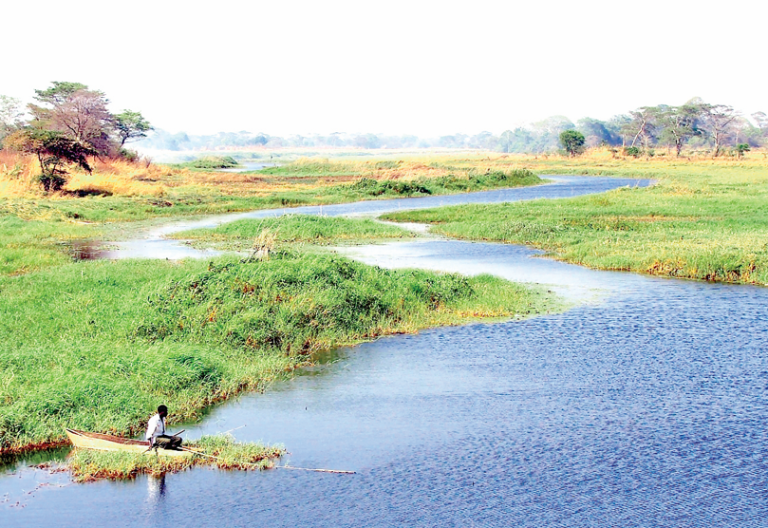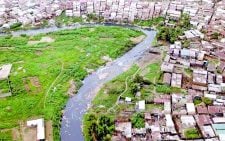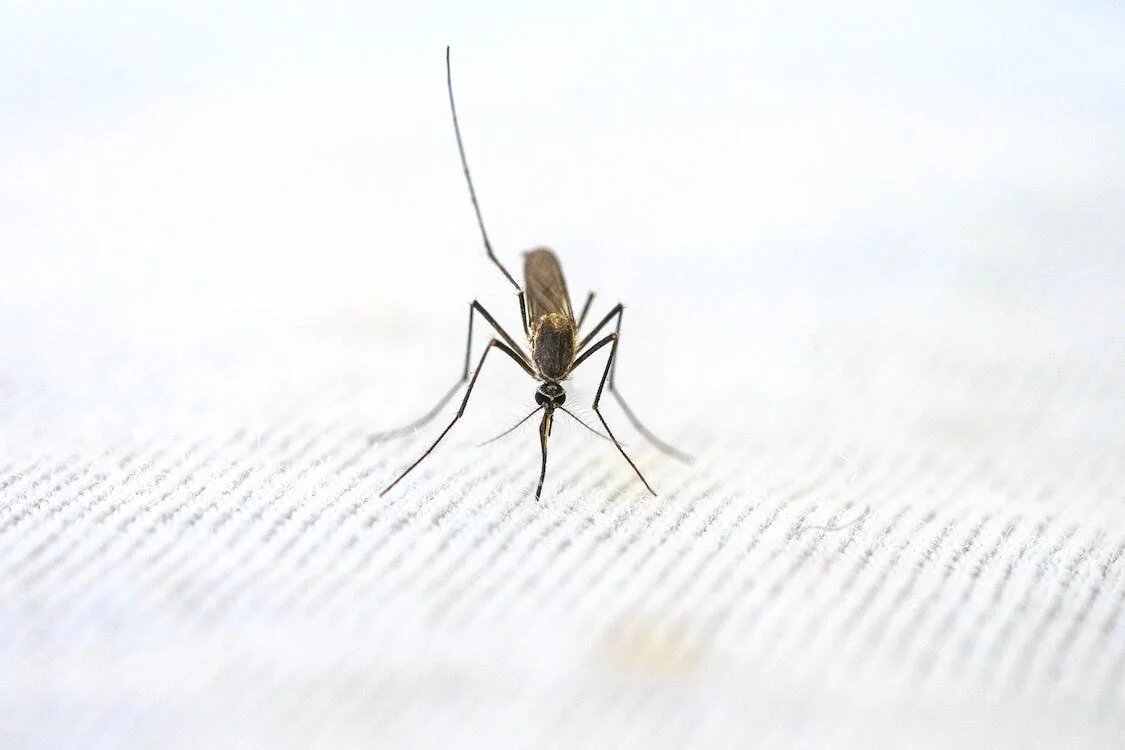Water an essential resource for building peace, prosperity

Developing and maintaining water security and equitable access to water services is essential to ensuring peace and prosperity for all.
The assessment is highlighted in the 2024 edition of the United Nations World Water Development Report.
Each year, the report focuses on a strategic issue, while reporting on progress towards achieving the Sustainable Development Goal 6 (SDG6) targets on clean water and sanitation as well as changes in the resource and its management.
This is of great importance as water resources and how they are managed impact almost all aspects of sustainable development.
Authorities have not given sufficient priority to equity and non-discrimination in access to Water, Sanitation and Hygiene (WASH) services. This is more pronounced particularly between formal and informal settlements, rural and urban areas, highest and lowest quintiles, and among marginalised groups, notes UNESCO (United Nations Educational, Scientific and Cultural Organisation) in the report.
Water insecurity can be a major driver of conflicts and displacement, particularly in regions where water resources are unevenly distributed.
Inequalities to water and sanitation services, while not necessarily a direct driver of conflict, present significant barriers to socio-economic stability and prosperity.
WASH as a ‘politically neutral’ service system, can be leveraged as a platform for intercommunal collaboration and partnerships between citizens and government.
The 2023 report showed how building partnerships and enhancing cooperation across all dimensions of sustainable development are essential to accelerate progress towards water goals and targets, and human rights to water and sanitation.
Partnerships and cooperation take place in almost any water-related endeavour. There is a long history of partnerships in water resource management, with both bad and good experiences. The report reviewed these experiences.
It also highlighted how enhancing positive and meaningful cooperation amongst the water, sanitation and broader ‘development’ communities is required to accelerate progress.
In the 2024 UN World Water Development Report, equitable access to water resources, to safe and affordable water supply and sanitation services, and to the multiple benefits they generate are revealed to be essential to building and maintaining prosperous and peaceful societies.
Recent events, from global epidemics to armed conflicts, have emphasised that the socio-political conditions under which water is supplied, managed and used can change rapidly, the report states.
Water management needs to consider the new economic and social realities, including climate change and geopolitical changes and their implications on our water resources, leveraging water for prosperity and peace. This therefore requires actions beyond the water domain.
According to Unesco, which authored the report alongside UN Water, the Food and Agriculture Organisation (FAO), the UN Industrial Development Organisation (Unido) and UN Habitat, clean water is the foundation of healthy ecosystems and prosperity.
Noting that water equals abundance, the 2024 water report says water nurtures prosperity by meeting basic human needs, supporting livelihoods and economic development, underpinning food and energy security and defending environmental integrity.
On economic prosperity, it reflects in the capacity for an individual, company or society to improve their economic performance and standards of living, with particular focus on countries’ economic performance, including their overall productivity, water productivity as well as income equality.
Social well-being requires the sufficiency of water services for supporting health and welfare of all individuals, including the provision of safe drinking water, food security and cultural integrity, among others, according to the report.
On the question of environmental integrity, the 2024 water report refers to the ability of the environment to maintain biophysical functions or services that support resilience and security under changing climate and social conditions.
Major global events and disruptions have magnified water risks. The impacts of climate change, geopolitical unrest, pandemics, mass migration, hyperinflation and other crises can exacerbate water access inequalities.
They can also create opportunities for cooperation and transformation, the report states, noting that these trends also create policy windows, which can be used to enhance resilience and forge adaptive capacity. Fostering prosperity through water contributes to the achievement of peaceful outcomes.
Turning to cooperation, peace and social security, the report says water can contribute to peace by motivating cooperation and diplomacy. However, inequalities in the allocation of water resources, in access to water supply and sanitation services, and in the distribution of social economic and environmental benefits can be counterproductive to peace and social stability.
Food security
Disputes linked to water can occur when demand exceeds supply, when availability is compromised due to pollution, when access to, and allocation of, water may be uncertain, when water supply and sanitation services are disrupted, or when water management institutions are inadequate.
Typically, water is not the cause of war, but it has often been a tool, a target, or a victim of warfare, the report asserts. This is the case when there are attacks targeting civilian water infrastructure, including treatment plants, distribution systems and dams. International law explicitly includes protections for a wide range of civilian infrastructure, including water systems.
Food security is a key driver of peace and prosperity. Water is central to agriculture, a key economic driver for sustainable growth, livelihoods, justice, food security and labour.
In an era marked by increasing global population, climate change and growing competition for water resources, investing in agriculture will be key to address these challenges.
Agricultural production is among the most vulnerable sectors to climate-related water risks, as it uses approximately 72 per cent of the freshwater withdrawals globally.
In many semi-arid countries, dependence on rain-fed agriculture limits the production potential for millions of smallholder farmers. Irrigation stabilises production, generating direct benefits (increased profitability and reduced risk of crop failure), as well as indirect benefits (employment, and balanced conditions of food and supply markets).
Access issues
Food security can be a key driver of peace and security but is also highly vulnerable to disruptions arising from conflicts. It is estimated that between 690 and 783 million people in the world faced hunger in 2022, and it is projected that almost 600 million people will still face hunger in 2030.
Climate change, environmental degradation and conflicts which can affect rural-to-urban migration movements, which lead to decrease in the availability of labour for food production, as well as decrease in the availability of food in the areas from which people are migrating.
On energy, electricity allows for the pumping, treatment and distribution of water required for improved WASH services. Almost 700 million people lack access to electricity, 80 per cent of whom live in Sub-Saharan Africa. Many more have only access to a limited, intermittent or unreliable electricity service.
Water is extensively used for electricity generation in hydropower, and for cooling thermal and nuclear power stations. Primary energy sources such as coal, oil and gas (including fracking) and biofuels are also highly water intensive.















